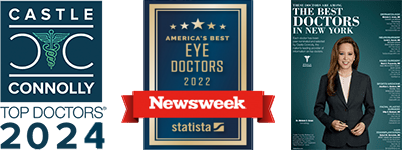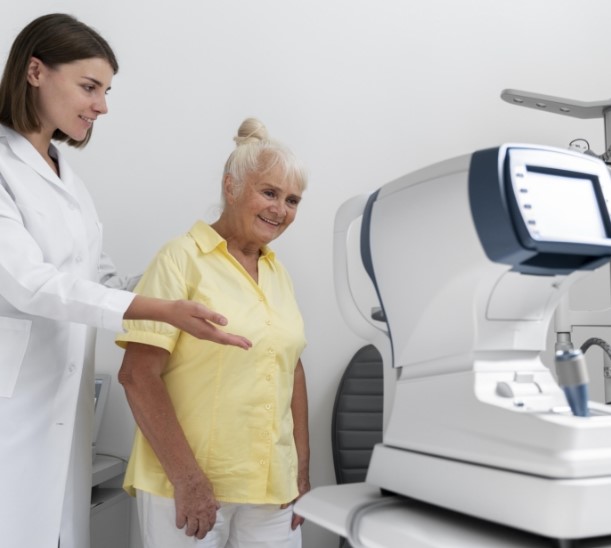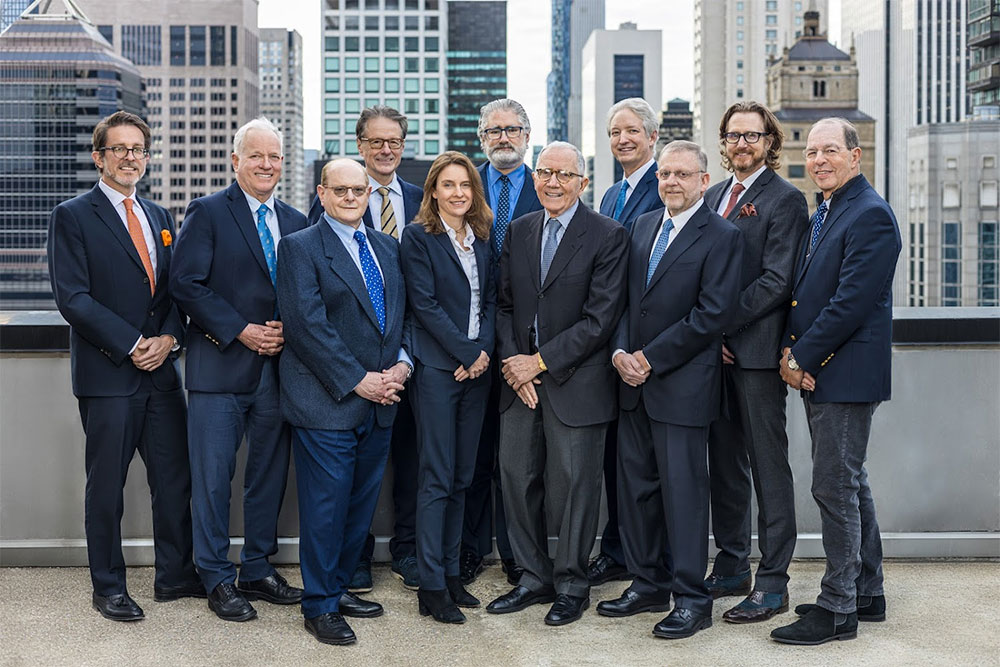 (212) 861-9797
(212) 861-9797
 (212) 861-9797
(212) 861-9797
New York’s Top Ophthalmologists & Retina Specialists trained at the world’s finest institutions

Our internationally-renowned eye doctors near NYC have trained and taught at some of the finest and most respected academic institutions in the world. As leading ophthalmologists and the best-rated eye doctors, they have devoted their time and resources to research and the development of new diagnostic and therapeutic strategies. This exceptional and unique expertise, joined with their attentive, empathetic concern and careful approach means that even expert NYC ophthalmologists turn to VRMNY eye specialists first when they or their families need care.
View all eye specialists1,673 / 4.9 ★★★★★ Google Reviews
View all testimonials Isn’t it time you start seeing better?
Isn’t it time you start seeing better?

The ophthalmologists and eye doctors at Vitreous Retina Macula Consultants of New York are internationally known leaders in diagnosing and treating retinal diseases.
VRMNY retina doctors have trained and taught at some of the world’s finest and most respected academic institutions. The physicians who comprise the best retina specialists in New York are experts in vitrectomy surgery and hold academic appointments at Lenox Hill Hospital, New York University, and the New York Eye and Ear Infirmary.
Our award-winning ophthalmologists in NYC specialize in treating all medical and surgical retinal conditions, emphasizing macular degeneration and diabetic retinopathy, the two leading causes of retinal vision loss.
With state-of-the-art New York ophthalmology centers, VRMNY is the largest retina vitreous center in the New York Metropolitan area.
Our New York ophthalmologists and eye doctors publish more in the foremost peer-reviewed journals than any other private or academic group in the United States. The eye care practice devotes time and resources to researching and developing new diagnostic and therapeutic strategies. Many current concepts in diagnostics and treatment of retinal disease recognized worldwide were invented at VRMNY retina centers.
The over 60-members staff offers a comprehensive range of educational, medical, and surgical services. The staff provides compassionate and empowering care with a focus on patient education.
About usOur physicians serve as academic leaders in the field as the most published group in foremost peer-reviewed journals in the U.S.
Our staff has the luxury of utilizing the most advanced equipment available, putting us at the forefront of ophthalmic imaging.
Our physicians have been instrumental in the development of worldwide standards for the diagnosis and treatment of retinal diseases.
Finding a good eye doctor near you can be straightforward with a few key steps. Start by searching online for “eye doctor near me” or “eye dr near me” to get a list of local options. Ophthalmologists are medical doctors who can perform eye surgeries and treat serious eye conditions. If you need the best care, search for the “best ophthalmologist near me” to find top-rated professionals in your area.
Additionally, ask for recommendations from your primary care doctor, friends, or family. They can provide personal insights into their experiences with local eye doctors. Checking online reviews and ratings can also give you a sense of the doctor’s reputation and patient satisfaction. Remember to verify the doctor’s credentials and ensure they are board-certified.
During a visit to an eye doctor, you can expect several steps to ensure your eyes are healthy and your vision is clear.
Here’s a general overview of what typically happens:
It’s a good idea to bring your current glasses or contact lenses, a list of any medications you’re taking, and any questions you might have for the doctor.
If you’re a healthy adult between the ages of 19 and 64 with no existing issues, it’s recommended to have an eye exam at least every two years. Once you reach 65, it’s best to have an annual exam to maintain your eye health and vision. As you age, the risk of developing eye diseases increases, and yearly exams can help your optometrist monitor any changes in your vision.
For adults with eye problems, the frequency of visits to an eye doctor can depend on the specific condition and its severity. If you have chronic eye conditions such as glaucoma, macular degeneration, or diabetic retinopathy, you may need to see your eye doctor every 3-6 months, or as recommended by your specialist. If you have conditions like cataracts or early-stage glaucoma that are being monitored, you might need to visit every 6-12 months.
Ophthalmologists treat a variety of eye conditions.
Some of the common ones include:
To find an ophthalmologist near you who takes your insurance, start by searching for “ophthalmologist near me,” or “best ophthalmologist near me.” These searches can help you find a list of local eye care providers. If you’re seeking top-rated professionals, try searching for the You can also use platforms like Zocdoc or VSP. These websites allow you to filter results based on your insurance plan, ensuring you find an in-network provider.
Once you have a list of potential doctors, visit their websites or call their offices to confirm if they accept your insurance. Additionally, you can contact your insurance provider directly for a list of covered eye specialists in your area.
The team at VRMNY accepts most major insurance plans, including Medicare, EmblemHealth, Medicaid, UnitedHealthcare, Aetna, and Empire Blue Cross Blue Shield. Contact us to learn if we work with your specific insurance provider.
Let us help you enjoy your life
Call: (212) 861-9797To Speak With An Appointment Coordinator Now